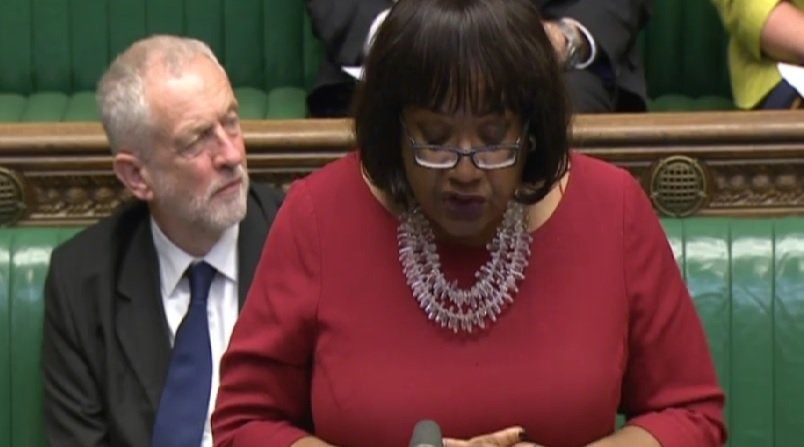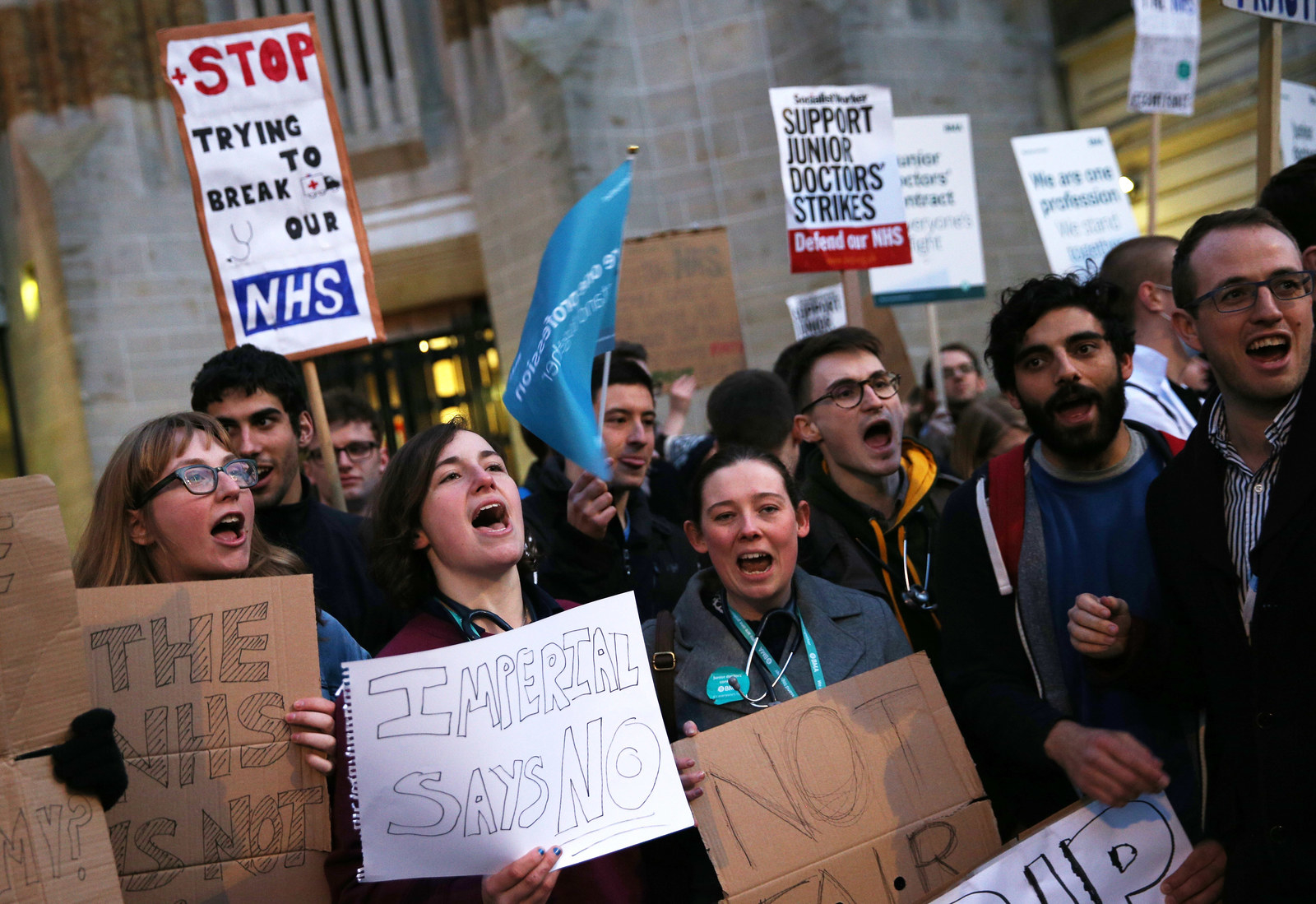Heath secretary Jeremy Hunt has said he will impose the new junior doctors contract despite a resounding vote to reject it.

The result of a referendum on the contract announced on Tuesday showed that 58% of junior doctors balloted voted against new terms and conditions agreed by the government and the British Medical Association (BMA) in May.
Speaking in parliament less than 24 hours after the vote, Hunt said he had consulted with the president of the Academy of Medical Royal Colleges, Professor Dame Sue Bailey, and decided to press ahead with the contract.
"The only realistic way to end this impasse is to proceed with the phased introduction of the exact contract that was negotiated, agreed, and supported by the BMA leadership," Hunt told parliament on Wednesday afternoon.
The latest version of the contract, produced after several strikes by doctors led the government to return to negotiations, left doctors divided, although it was generally seen as a better deal than the one that kicked off the dispute last summer.
"I do believe the agreement negotiated in May is better for junior doctors and better for the NHS than the original contract we planned to introduce in March," Hunt said. "So rather than try to wind the clock back to the March contract, we will not change any of the new terms agreed with the BMA."
Hunt said he believes the new contract "reduces the maximum hours junior doctors can be asked to work, introduces a new post in every trust to make sure the hours asked of junior doctors are safe, and makes rostering more child- and family-friendly and helps women who take maternity time off to catch up with their peers".
Junior doctors who spoke to BuzzFeed News following the referendum result cited staff shortages and the potential impact on those with childcare responsibilities as key reasons for voting to reject the contract. Many also expressed suspicion over the validity of the guardian role Hunt referred to.
Hunt said the phased introduction of the contract would begin with senior Obstetrics trainees from October this year, followed by Foundation Year 1 doctors taking up new posts in November and December and Foundation Year 2 doctors when their current contracts expire.
Between February and April next year specialties including paediatrics, psychiatry, and pathology, as well as surgical trainees, will transition to the new contract. Hunt plans for it to be rolled out fully by October 2017.
Labour's newly appointed shadow health secretary, Diane Abbott, said Hunt was to blame for the continued standoff between the government and junior doctors as he had lost the trust of the medical profession with his handling of the dispute.

"The junior doctors decision to reject the latest contract is a rejection of the government's approach," she said in response to Hunt's announcement.
She said: "At this time of general instability I would urge the government to reconsider imposing the junior doctors contract," adding that it was not too late for the government to change course in enforcing the contracts.
Abbott said she believed public support was still on the side of junior doctors but said: "The NHS is only as strong as the morale of its staff. If you crush the morale of NHS staff you will crush the efficacy of the NHS itself."
Hunt admitted morale was an issue among junior doctors, but said it was something that couldn't be solved by changes to the junior doctors contract alone.
"There is no contract that can solve every problem at the stroke of a pen," he said, "and I suspect that’s why many voted to reject it." An inquiry into morale among junior doctors is ongoing.
Similarly, Hunt said he would "not let up on efforts to eliminate the gender pay gap" in response to concerns over discrimination expressed by junior doctors. He said he would commission an independent report on how to reduce and eliminate the pay gap, with initial recommendations due in September.
Ahead of Hunt's announcement, junior doctors told BuzzFeed News they were keen not to hold more strikes if Hunt imposed the contract, but did not rule out the possibility either.

“Everyone is keen to avoid further industrial action and we will do everything we can to avoid this being the only option left," London-based junior doctor Francesca Silman told us. "However, we are committed to our jobs, and our patients, and will do whatever is necessary to ensure the future stability of the NHS."
In order to hold further strikes, the BMA would have to ballot its members. In November, 98% voted in favour of industrial action.
Following the announcement of the contract result, Katherine Murphy, chief executive of the Patients Association, said the organisation was "shocked and dismayed" by the decision to reject the contract and warned against further strikes.
"Patients and the NHS cannot face any prospect of further strike action," she said. "There have been no winners in this ongoing dispute, instead it’s patients who have been the losers.”
The BMA's newly appointed chair of the Junior Doctors' Committee Dr Ellen McCourt said they were "extremely disapointed" with Hunt's decision to impose the contract and that the committee would consult with members to decide the next steps.
In a statement released following Hunt's announcement, McCourt said that the BMA was still committed to fighting for a contract they believed to be fairer.
“A new contract will affect a generation of doctors and impact on the delivery of patient care," McCourt said.
“The BMA has always been clear in its desire for a negotiated end to this dispute and I am committed to delivering on this.”
